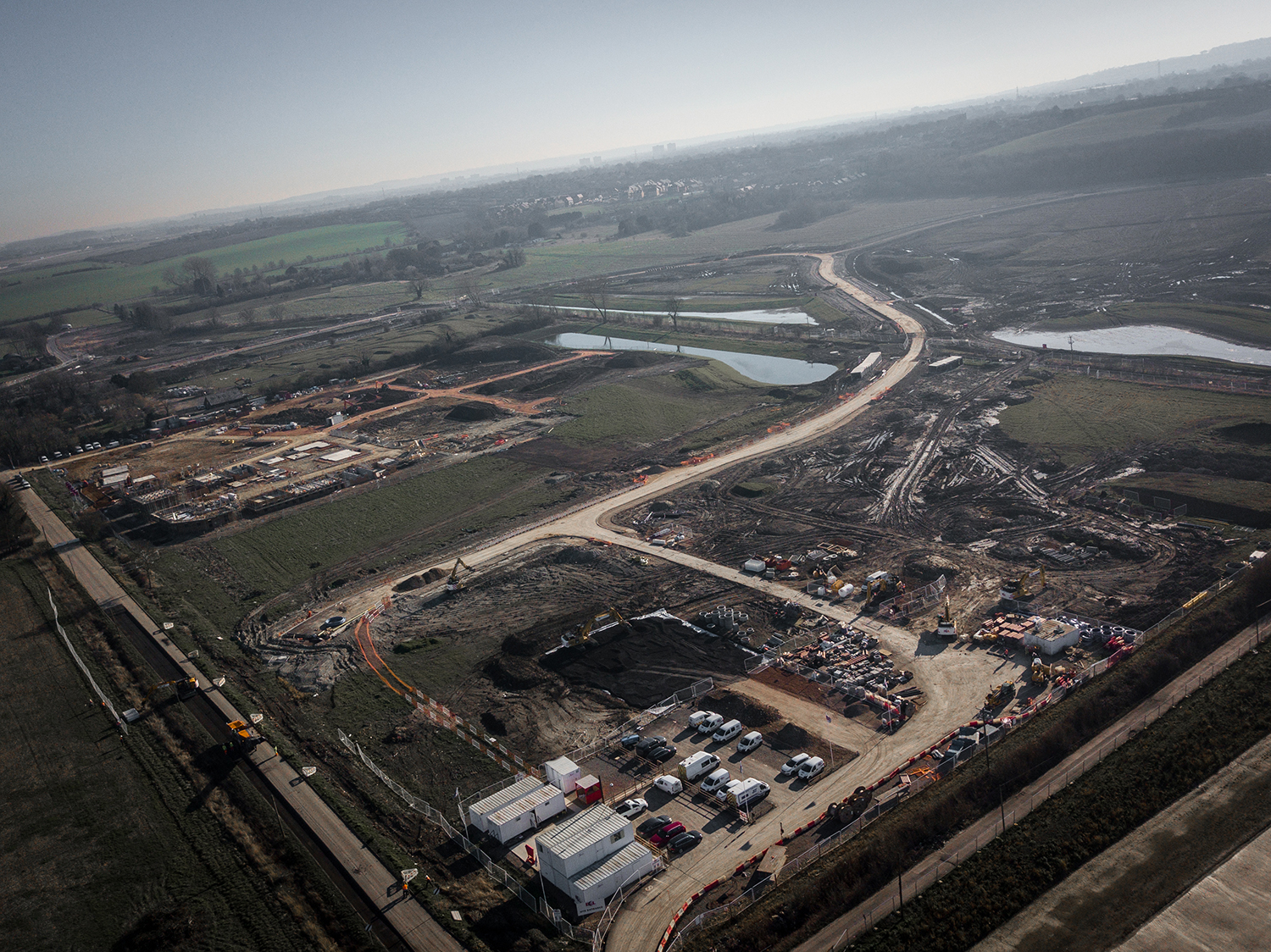
Highlights from Boris’ plan to “BUILD, BUILD BUILD!”
Yesterday Boris Johnson announced far reaching reforms to the planning system ahead of the publication of a planning Policy Paper in July, with the changes due to come into effect by September. Planning reforms were touted by the Government in ‘Planning for the Future’ published on 12 March following announcements made in the 2020 Budget. This latest announcement builds on the Government’s thinking for kick starting the economy and providing greater freedom in the planning system for buildings and land in town centres to change without planning permission, and create new homes from the regeneration of vacant land and buildings.
The changes announced include:
- More types of commercial premises having total flexibility to be repurposed through reform of the Use Classes Order. A building used for retail, for instance, would be able to be permanently used as a café or office without requiring a planning application and local authority approval. Pubs, libraries, village shops and other types of uses essential to the lifeblood of communities will not be covered by these flexibilities.
- A wider range of commercial buildings will be allowed to change to residential use without the need for a planning application.
- Builders will no longer need a normal planning application to demolish and rebuild vacant and redundant residential and commercial buildings if they are rebuilt as homes.
- Property owners will be able to build additional space above their properties via a fast track approval process, subject to neighbour consultation.
The Prime Minster has further announced a review of how land owned by the Government can be managed more effectively. A new cross-government strategy will look at how public sector land can be managed and released to allow for home building and injecting growth into communities across the country.
The announcement also confirms a package of measures to support home building across England, including funds from the £400m Brownfield Land Fund which have been allocated to the West Midlands, Greater Manchester, West Yorkshire, Liverpool City Region, Sheffield City Region and North of Tyne and Tees Valley to support around 24,000 homes.
Our Birmingham Planning Director, Paul Woods, commented:
“Increased flexibility in the planning system is to be welcomed in the bid to regenerate town centres and support the creation of new homes. Even before Covid-19, many towns and cities have struggled to repurpose vacant retail floorspace in the face of increased competition from the internet; and different ways of working is likely to further add to the surplus of commercial floorspace in our town centres. The allocation of funds from the Brownfield Land Fund should also help boost house building in the West Midlands Region.”



